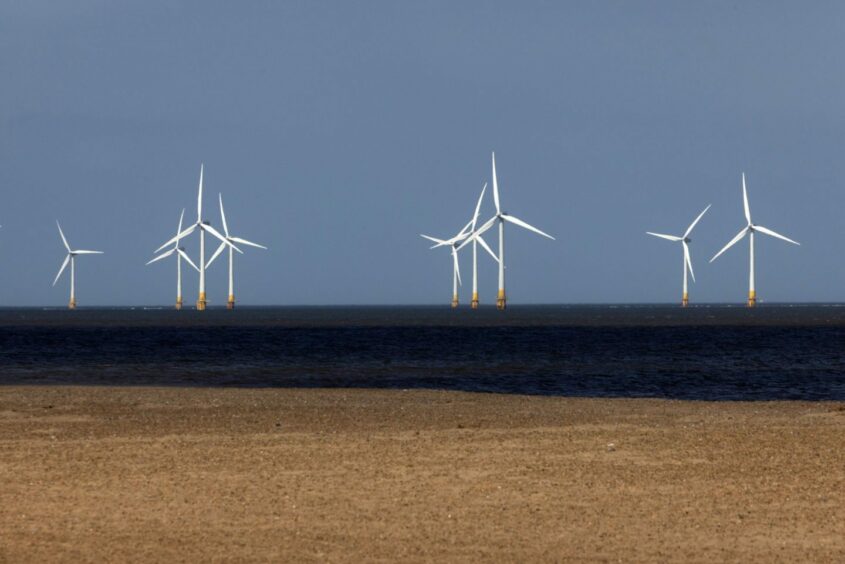
The Offshore Wind and Carbon Capture and Storage (CCS) Colocation Forum has commissioned two research projects to look into the colocation of offshore wind and CCS.
The research will be delivered by the University of Aberdeen with funding from The Crown Estate and Crown Estate Scotland.
Project Colocate and Project Anemone look to build upon the Forum’s Spatial Characterisation Report, which identified areas of potential overlap for offshore wind and CCS on the seabed.
The North Sea Transition Authority’s (NSTA) Seismic Imaging Report has also previously explored options for monitoring carbon storage and offshore wind sites to help resolve possible colocation issues.
Professor John Underhill, university director for energy transition and professor of geoscience at the University of Aberdeen said: “Project Colocate will critically assess the future potential of the seabed for the co-existence of offshore wind and CCS, helping to inform the work regulators and other key stakeholders are doing on marine spatial planning to optimise its potential.”
The UK Government is targeting the delivery of 50 gigawatts of offshore wind and the capture of 20-30 million tons of carbon dioxide per year by 2030, these targets create “significant potential” for the colocation of the two types of projects.
Researchers from the University of Aberdeen will focus their investigations on the East Irish Sea and Central North Sea, both of which have been identified as having potential for future colocation of CCS and offshore wind.
Adrian Topham, chair of the offshore wind and CCS colocation Forum at The Crown Estate, said: “Project Colocate will identify areas of the seabed that are potentially viable for colocation, whilst Project Anemone will help uncover how future practical demonstration might proceed.
“Together, both projects will help pave the way for test and demonstration, as well as facilitating greater collaboration and understanding between these two vital sectors.”
Chaired by The Crown Estate, the Offshore Wind and CCS Colocation Forum brings together partners including NSTA, Carbon Capture and Storage Association (CCSA), RenewableUK, OWIC, Government and Crown Estate Scotland to identify the key challenges and opportunities associated with the colocation of offshore wind and CCS infrastructure.
Tom Mallows, Head of Offshore Development for Emerging Technologies and Infrastructure, at Crown Estate Scotland, said: “As co-sponsors of Project Colocate, we look forward to supporting CCS and offshore wind developers to work together in a way that optimises the use of our seabed’s vital resources in helping achieve net-zero.”
Recommended for you
